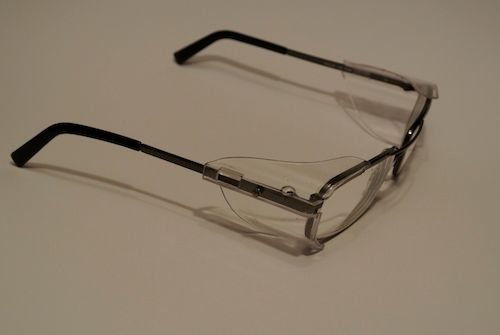Rhossydd
Established Member
Being of an age where reading glasses are needed for close work, I'm thinking of investing in some prescription safety glasses for use in the workshop.
I've tried the 3M glasses with bifocal 'reader' magnification which are useful, but really not ideal.
Anyone had a set of Infield glasses made up ? http://www.safetyspecs.co.uk/Infield%20 ... lasses.htm
They look to be affordable and practical.
Any other options I ought to look at ?
TIA
Paul
I've tried the 3M glasses with bifocal 'reader' magnification which are useful, but really not ideal.
Anyone had a set of Infield glasses made up ? http://www.safetyspecs.co.uk/Infield%20 ... lasses.htm
They look to be affordable and practical.
Any other options I ought to look at ?
TIA
Paul







